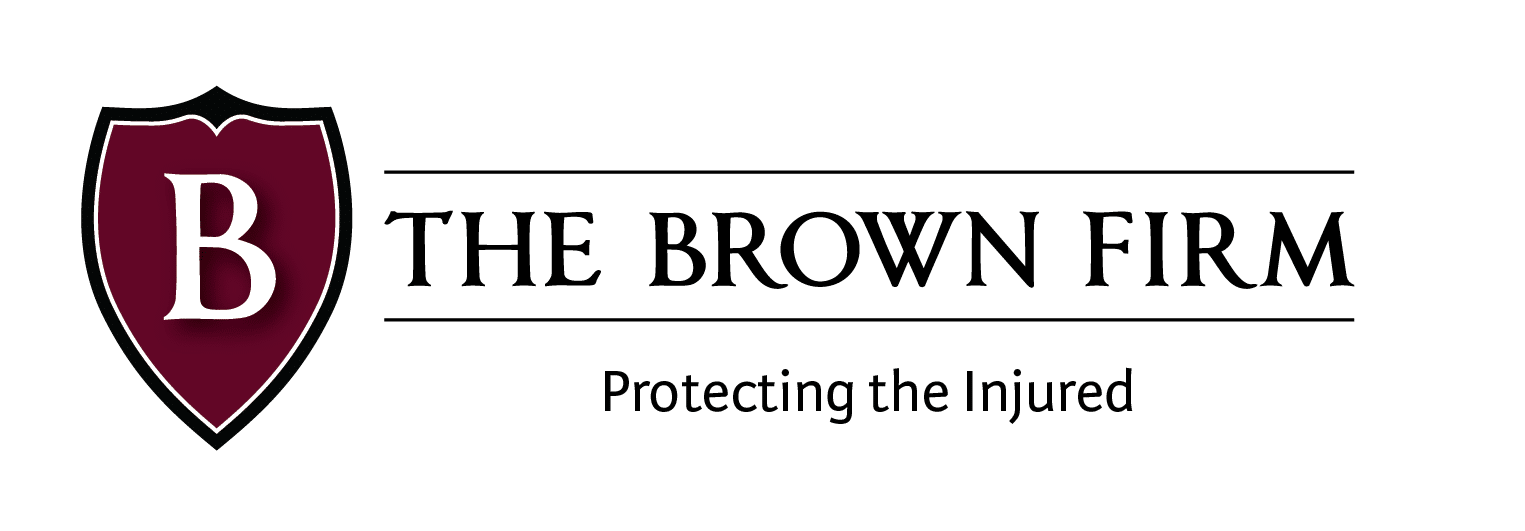Objections in a Personal Injury Case
What are Objections in a Personal Injury Case?
Everyone has watched movies or TV shows where attorneys raise objections in court. Despite often being exaggerated, objections are a normal component of the legal process.
An objection is a protest in which a lawyer urges the judge to reject something. This could be a piece of proof, a witness’s explanation in response to a query, or even the inquiry itself. Objections can only be made when something is said, shown, or asked for that doesn’t follow the rules of evidence or courtroom procedure. The judge has the authority to determine the validity of an objection.
Objections can come from either side. Most frequently, objections occur during two phases of the personal injury claims process:
- During a deposition before trial
- At the trial itself
What is a Deposition, and What Kind of Objections Can I Make?
In a deposition, a witness formally responds to inquiries before the trial. Both lawyers will hear the deposition. Answers given by the witness while under oath will be used as evidence in the case. The accident victim is typically part of a deposition in a personal injury case, which is part of the discovery process.
If you have to give a deposition, your personal injury attorney will aid in your preparation. Your attorney may also object to inappropriate questions. However, very few subjects are off-limits during a deposition—the lawyers for the insurance company are free to ask countless, seemingly pointless questions. They use this strategy, among others, to irritate and disappoint you so that you will inevitably contradict your story.
Your lawyer can object, however, if a question:
- Is meant to embarrass you
- Relates to something protected by attorney/client privilege
- Violates your privacy
You might not have to respond to the question at all, or you might respond right away, depending on the type of question your lawyer objects to. The judge will be informed of the objection and can then decide not to allow the use of your response as evidence. When responding to questioning, pay attention to your lawyer’s advice.
What Are the Most Common Objections in a Personal Injury Trial?
There are many reasons for raising an objection. They center around the premise that bad evidence or courtroom protocol won’t be tolerated. These are a few of the most typical objections:
- Irrelevant: Questions unrelated to the case, like asking a victim about their salary in a car accident case.
- Speculation: The question requires the witness to guess or speculate.
- Hearsay: The question is about something the witness doesn’t know firsthand.
- Ambiguous or Misleading Questions: Questions that aren’t clear enough for the witness to answer.
- Badgering: The attorney is mocking the witness or antagonizing them.
In court, objections can shield you from unfair or misleading questions. But they can also be utilized by the opposing side to try to suppress what you believe to be necessary, pertinent information. Therefore, it is crucial to have experienced legal representation on your case because of the complexity of the defenses, objections, and evidence.
Contact the Personal Injury Lawyers at The Brown Firm
If you have been injured, the experienced attorneys at The Brown Firm offer a free consultation to accident victims in Georgia and South Carolina. Call 800-529-1441 to speak with our personal injury team today!
Ready to Talk to a Lawyer Who Has Your Back?
Contact The Brown Firm
Get the Answers and Compensation You Deserve
You’ll notice the difference when you contact The Brown Firm! Our local dedicated attorneys want to help you recover and rebuild.
Schedule your free consultation by calling (800) 529-1441 or completing our simple online form.
